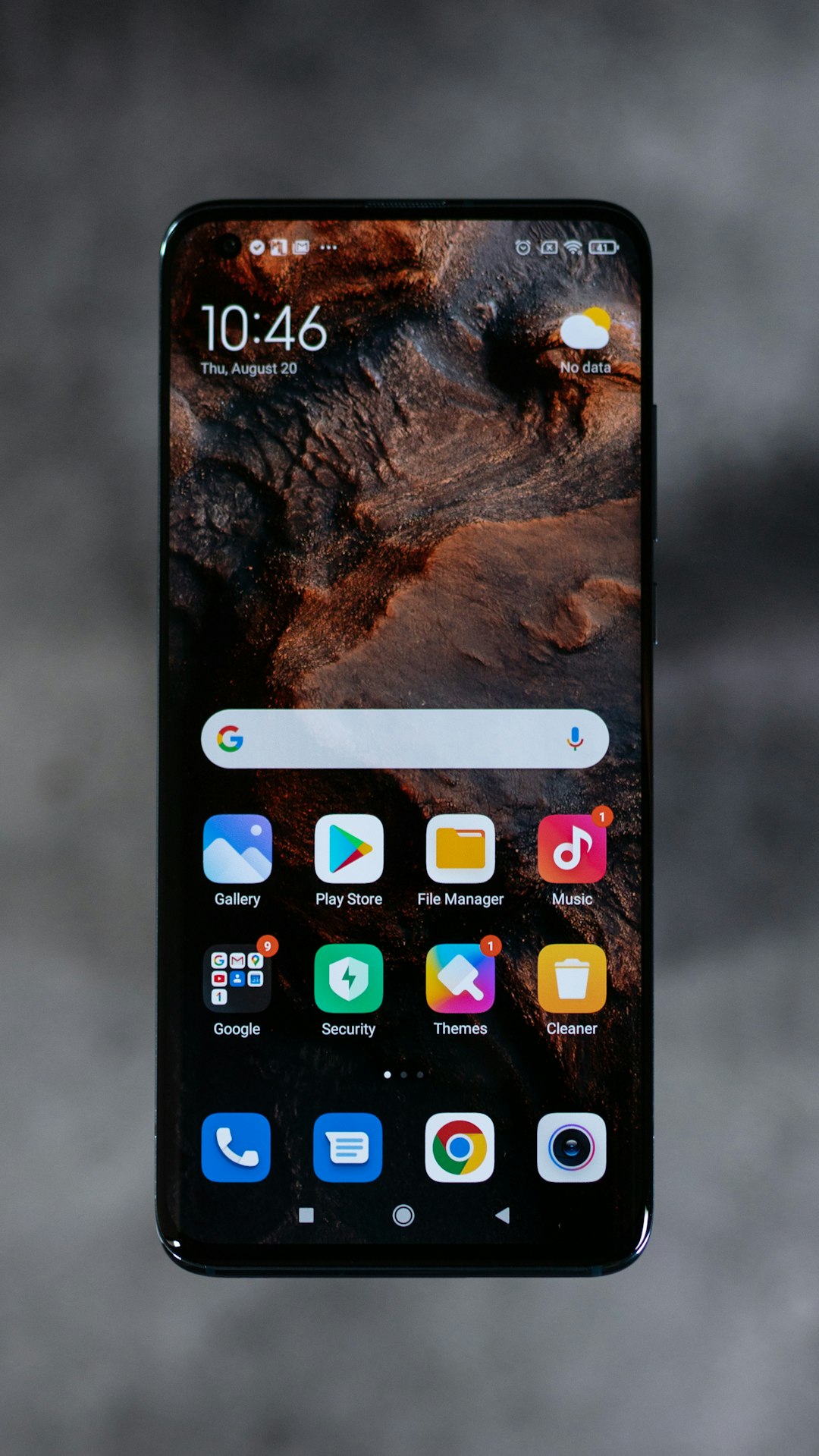Mississippi's new law limits commercial text messages without explicit consent, reducing spam texts and offering legal protections for consumers through specialized lawyers. Businesses must adhere to regulations to avoid fines and maintain consumer trust. Consulting a telecommunications lawyer in Mississippi ensures compliance and protects against spamming allegations.
Mississippi has enacted a law to curb unsolicited commercial text messages, offering residents much-needed relief from unwanted spam. This comprehensive guide delves into the intricacies of the Mississippi Law, focusing on how it protects citizens from intrusive text spams. We explore the limits on commercial messages, legal repercussions for violators, and the importance of this initiative in maintaining privacy. If you’re a Mississippi resident facing spam texts, understanding these laws can empower you to take action with the help of a qualified lawyer.
Mississippi Law: Combating Unwanted Text Spams

In an effort to combat the increasing problem of unwanted text message spam, Mississippi has implemented a law that restricts commercial text messages sent to residents without their explicit consent. This legislation aims to protect consumers from intrusive and often misleading marketing tactics by limiting the number of unsolicited spam texts they receive.
The new rule requires businesses to obtain prior authorization from recipients before sending promotional text messages, ensuring that individuals can control their communication preferences. Consumers in Mississippi now have more power to manage their exposure to spam texts, allowing them to focus on relevant and personalized messaging while promoting a safer and less cluttered digital environment. For those who have been plagued by relentless spam texts, this law offers a much-needed respite, providing clarity and peace of mind with the help of a lawyer in Mississippi.
Understanding Limits on Commercial Messages

In Mississippi, understanding the limits on commercial messages is crucial for both businesses and consumers. The state has implemented laws to restrict unsolicited commercial text messages, often referred to as spam texts, to protect residents from unwanted marketing attempts. These regulations are designed to give individuals control over their communication preferences, ensuring they receive messaging that aligns with their consent.
Businesses operating in Mississippi must adhere to strict guidelines when sending promotional or advertising text messages. A lawyer specializing in telecommunications law can guide companies on how to navigate these rules, ensuring compliance and minimizing the risk of penalties. By respecting consumer choices and following the established boundaries, businesses can effectively market their products or services while maintaining a positive relationship with their target audience.
Legal Reconsideration for Spam Texters

In Mississippi, unsolicited commercial text messages, commonly known as spam texts, are regulated by state law. While many recipients find these messages intrusive, individuals or businesses caught sending them face legal consequences. A violation can result in a fine, prompting spammers to reconsider their tactics. Engaging the services of a lawyer specializing in telecommunications law in Mississippi becomes crucial for those looking to navigate this complex landscape. They can offer guidance on permissible messaging practices and help defend against allegations of spamming, ensuring compliance with local regulations.
Protecting Residents from Text Message Intrusion

Mississippi residents now have greater control over their mobile phones, thanks to a new law that restricts unsolicited commercial text messages. This legislation is designed to protect consumers from unwanted spam texts, which can be intrusive and disruptive. By limiting the volume and content of such messages, the state aims to foster a more peaceful and private communication environment.
If you’re a Mississippi resident facing incessant spam texts or are unsure about your rights under this new law, consulting with a local lawyer specializing in telecommunications law is advisable. They can provide guidance on how to navigate these changes and ensure your rights as a consumer are respected.






